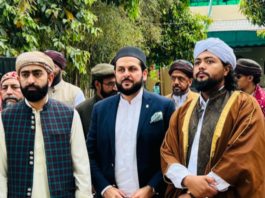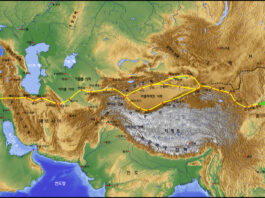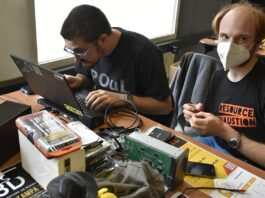Political affairs in Honduras remain in a state of unresolve despite the elections held in November that boosted millionaire rancher and Honduran National Party member Porfirio Lobo Sosa into the presidential seat. The defacto regime led by Roberto Michelleti rejected numerous attempts by the international community to restore ‘democracy’ to the politically embroiled nation, by permitting deposed president Maneul Zalaya to finish out his term of office, which would have ended last month. International reactions to the presidential elections in Honduras remain divided. The U.S., along with Columbia, Costa Rica, Panama, Peru, and the Dominican Republic, have recognized the newly elected Lobo administration, despite their strong stances adhered to during the tense standoff in favor of the reinstatement of Zelaya.
By way of admonitory measures, the U.N. and European Union withdrew their ambassadors, and even imposed sanctions against the defacto Honduran government, also refusing to send official observers to monitor the elections. Politically weary and financially vulnerable, some within the international community have accepted the elections (including the U.S.)as the final determinant to restore a semblance of democratic order to the country. Opponents assert with persistence that the ousting of Manuel Zelaya was in fact a coup d’etat, and that he should have been allowed to complete his term in order to truly return the country to a state closer to political normalcy.
Mercosur, the Latin American trade organization, including Brazil, South America’s largest nation, have refused to recognize the elections and its resultant defacto administration. However, at press time, Organization of American States members were indecisive as to whether member nations should have the prerogative to accept or reject the elections and its result as individual states – or as a collective body. Javier Zuniga, head of the Honduras delegation of Amnesty International, maintained in statements to the press that “ the crisis in Honduras does not end with the election results, the authorities cannot return to business as usual without ensuring human rights safeguards. There are dozens of people in Honduras still suffering the effects of abuses carried out in the past five months. Failure to punish those responsible and to fix the malfunctioning system would open the door for more abuses in the future.”
A Honduran Supreme Court judge has charged top military personnel with abuse of power for removing former president Manuel Zelaya from the country after he was ousted from power last June. Supreme Court President Jorge Rivera issued charges against six military commanders, including armed forces commander Romeo Vasquez Velasquez, Air Force Commander Venancio Cervantes, and Naval Commander Luis Javier Prince, and ordered them to remain in the country to testify before the court. Prosecutors asked the court to issue charges last week, arguing that individual military commanders violated the Honduran Constitution when they seized Zelaya and put him on a plane to Costa Rica, because the constitution prohibits the forcible removal of a citizen. The charges to do not question the presidential ouster itself. Zelaya has dismissed the charges as a political move, claiming the prosecutors share as much responsibility as the military.The abuse of power charges carry a sentence of three to six years in prison.



